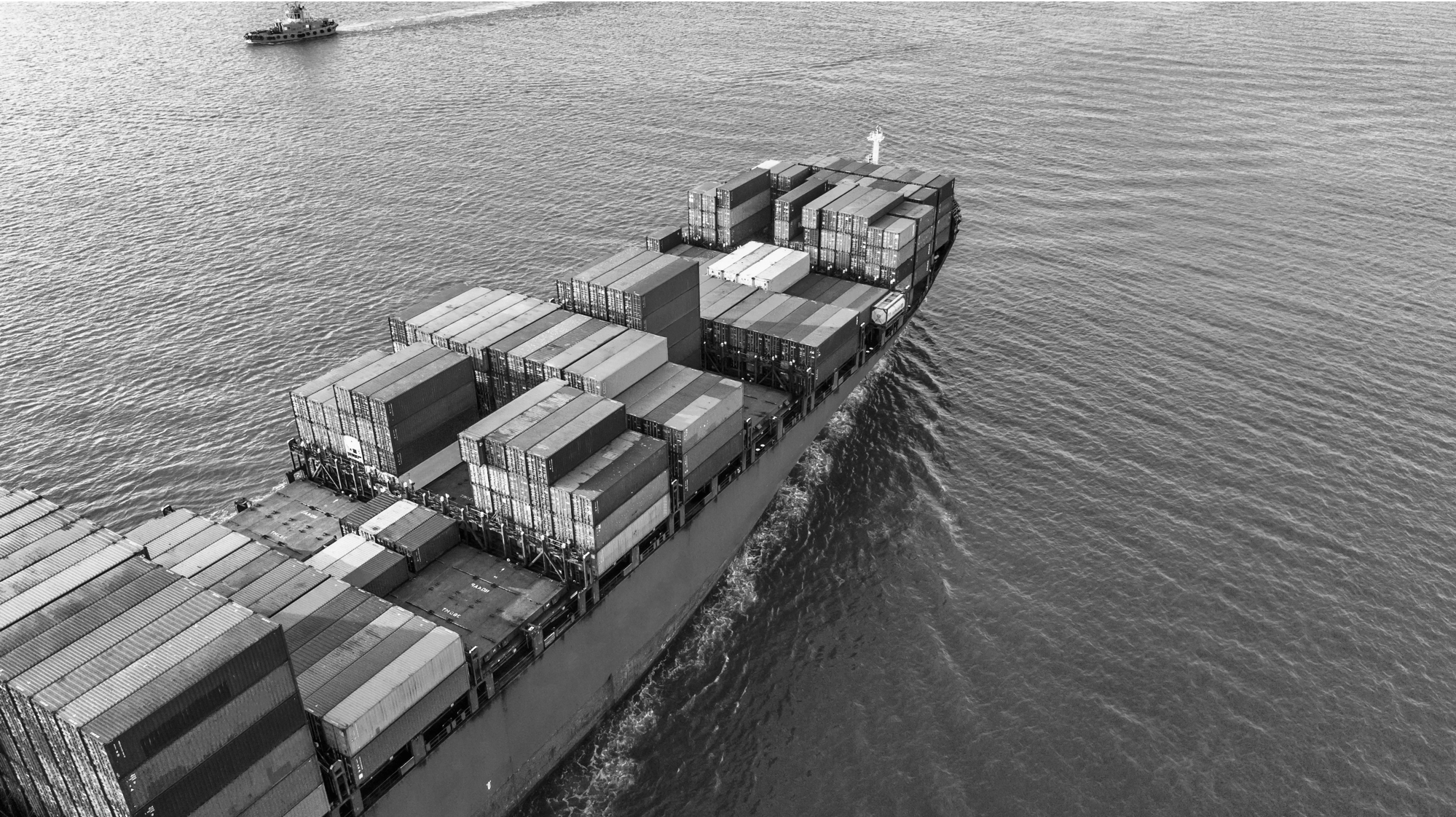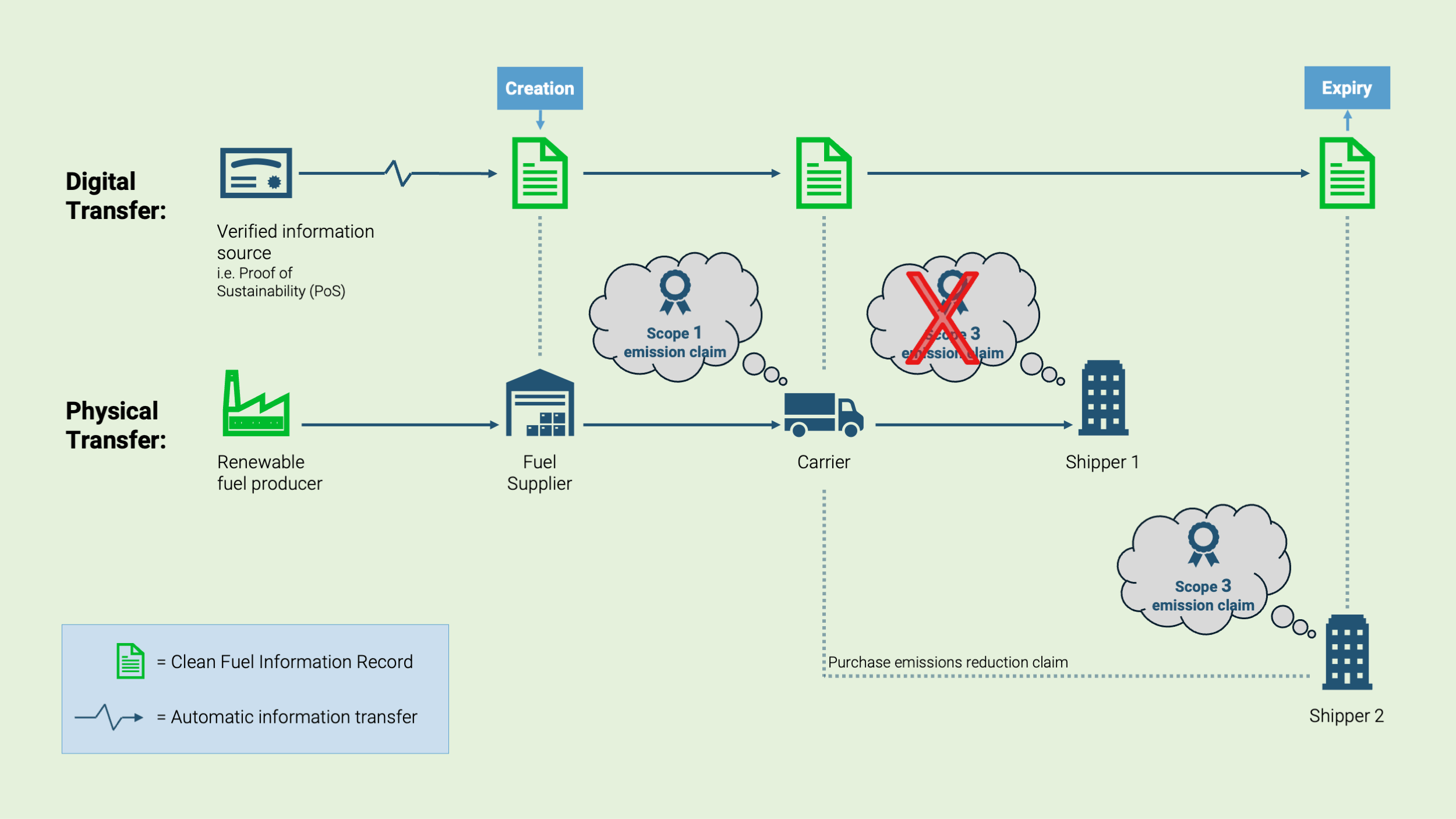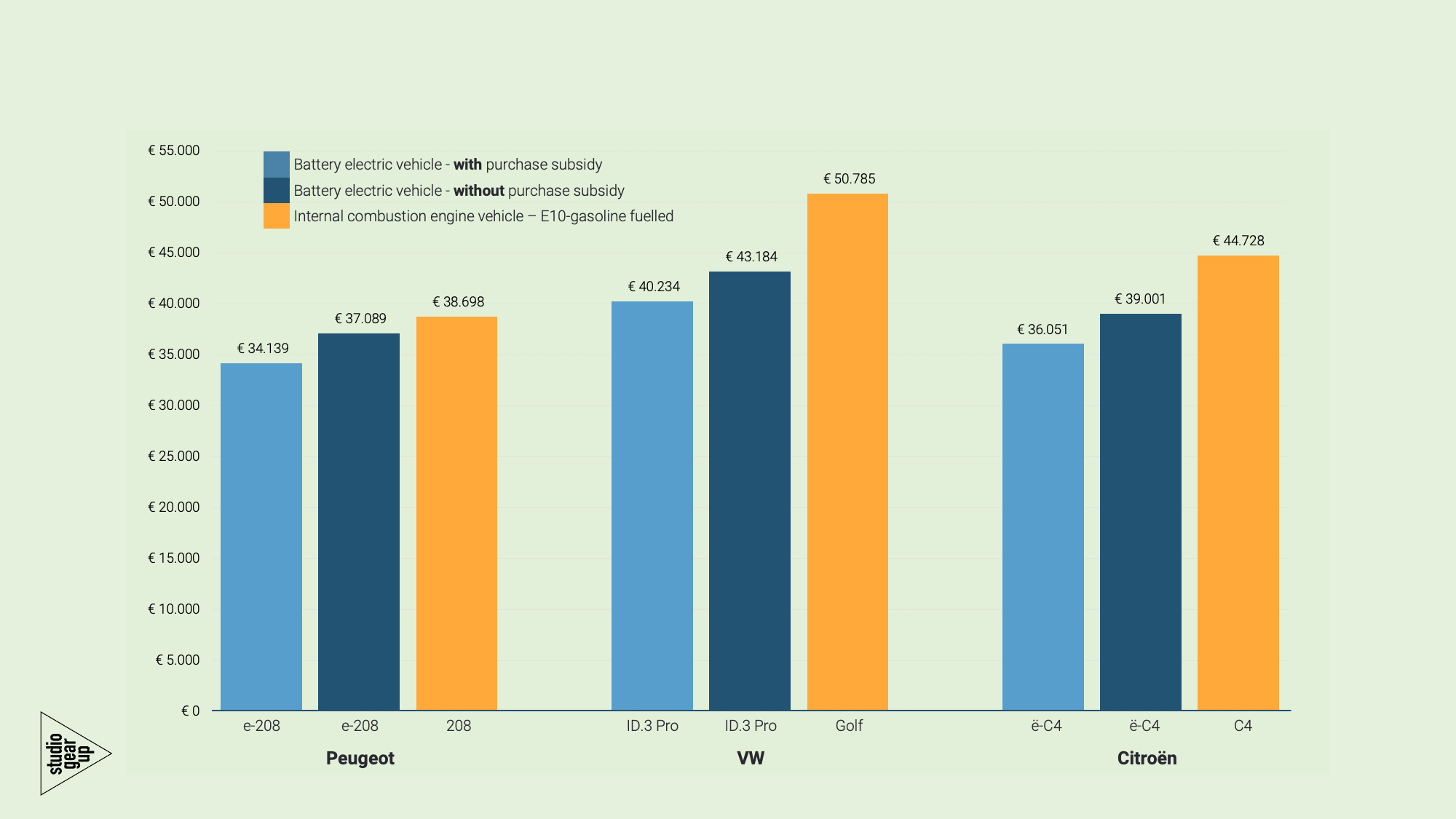Current POME-based biofuels in EU fall within current production potential
sGU numerical analysis following T&E report on POME Summary T&E analysis pointing to larger amount of EU POME-based biofuels than potential residue production European NGO Transport & Environment (hereafter T&E) published a report on the use of residues from the palm oil industry that are used to produce biofuels for […]
Current POME-based biofuels in EU fall within current production potential Read More




